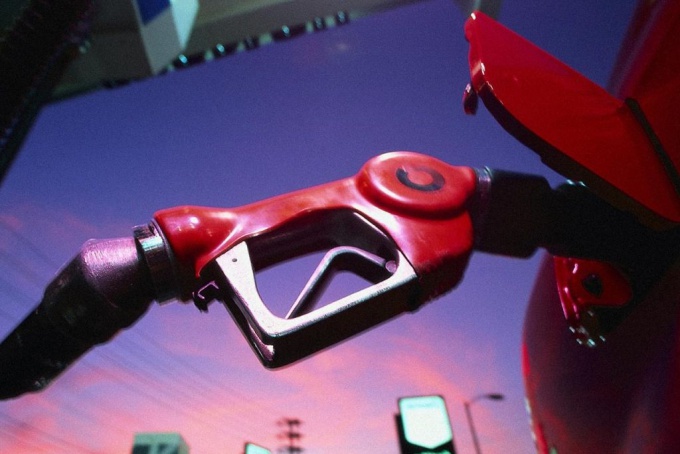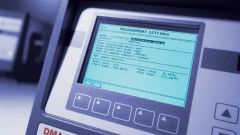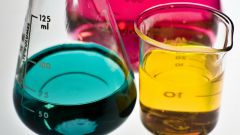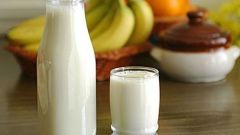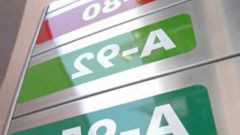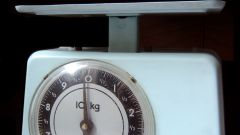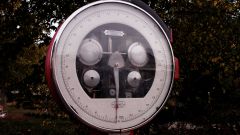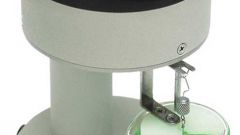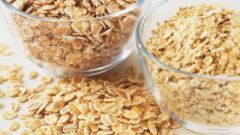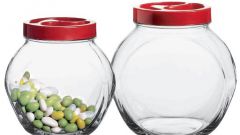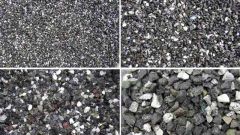You will need
- Table showing the density of a substance
Instruction
1
In fact, such a formula exists, but to talk about the transfer liters into kilograms impossible, as in physics you cannot bring a volume to weight, just as it is impossible to translate time into distance. Liters is a measure of liquid volume and kilograms is a measurement value of the mass.
However, you can always calculate the weight or mass of the substance that fills a liter of volume. To water true equality l=kg, ie, 1 liter of water equals 1 kg of weight. For all other substances, whether liquid or iron, mass, and volume are calculated according to the physical formula with a specific weight. The formula of total high school physics:
p=m/V,
where p is the density of the taken substance, m is its mass, V is the volume.
I.e., based on the formula, to convert kilograms to liters or liters to kilograms, you must first know the density of the substance.
However, you can always calculate the weight or mass of the substance that fills a liter of volume. To water true equality l=kg, ie, 1 liter of water equals 1 kg of weight. For all other substances, whether liquid or iron, mass, and volume are calculated according to the physical formula with a specific weight. The formula of total high school physics:
p=m/V,
where p is the density of the taken substance, m is its mass, V is the volume.
I.e., based on the formula, to convert kilograms to liters or liters to kilograms, you must first know the density of the substance.
2
3
But in order to find the mass in kg, you need the density multiplied by the volume of material in liters:
m=V*p.
Now, thanks to a simple formula, you know how to convert kilograms to liters, if you know the density. The density of a substance can be recognized by special physical tables.
m=V*p.
Now, thanks to a simple formula, you know how to convert kilograms to liters, if you know the density. The density of a substance can be recognized by special physical tables.
Note
1 liter water = 1 kg of the substance.
